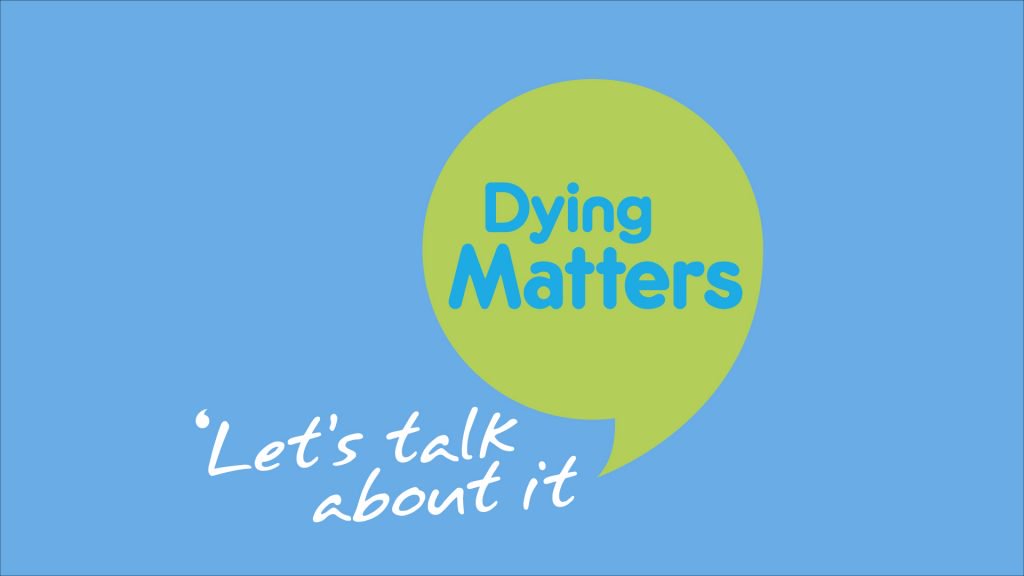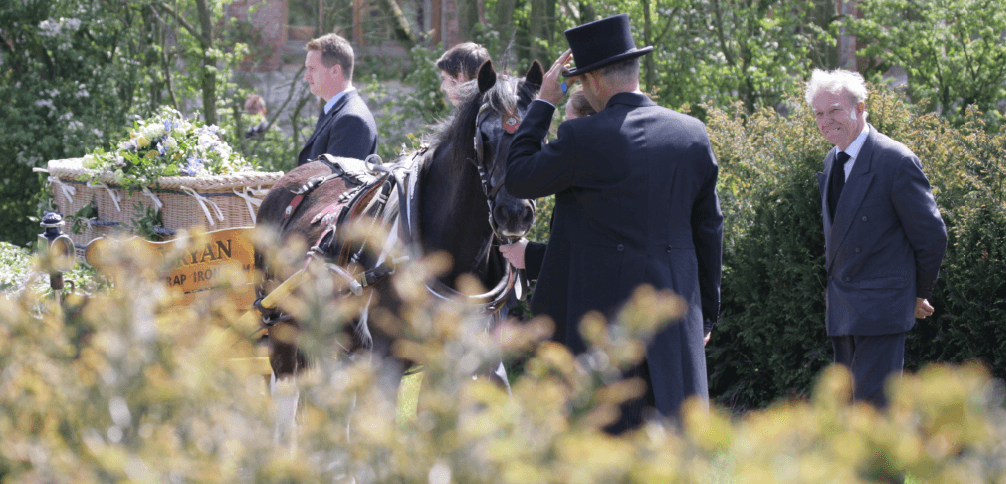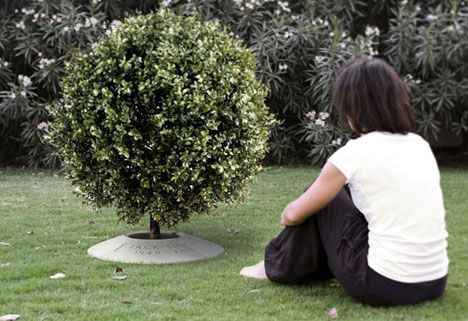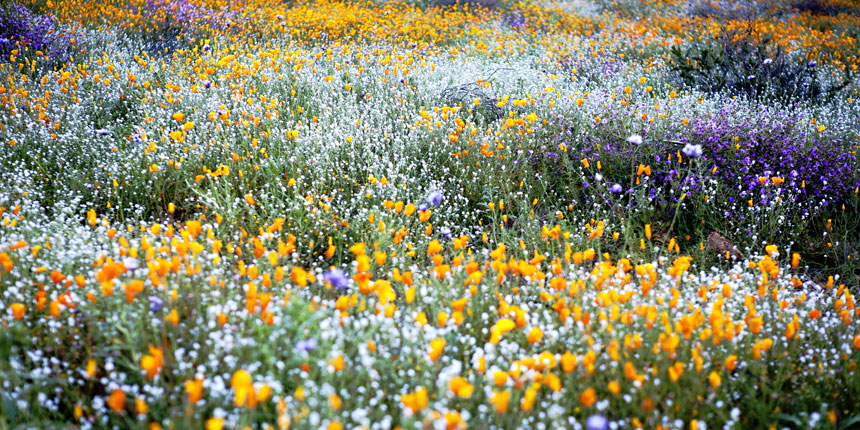Hatching, matching and dispatching, or more formally, births, marriages and deaths, are considered to be three of the most significant milestones in a person’s life. With the help of social media, when it comes to hatching and matching, 21st century society is ALL about expressing emotions and feelings (#feels) and sharing memories through tweets and photography (#weddinginspo). However, when faced with the inevitable “dispatching” process, it seems that the majority of people simply clam up and close their laptop.
In response to this silence, the National Council for Palliative Care (NCPC) set up the Dying Matters Coalition in 2009 in order to promote public awareness of dying, death and bereavement. It’s therefore incredibly positive to see #dyingmatters trending across social media platforms this week on the tenth anniversary of the Dying Matters campaign.
As a nation, we need to be opening up and discussing death and more specifically, what happens after death. In a recent survey, it was found that only 30% of Brits have made plans for their funeral and we say good on them! By talking about their funeral wishes in advance, these people are making a very difficult time a little easier for their loved ones when the time comes.
It’s certainly not the most joyous of events to organise, particularly because you’re not even going to be alive to experience the fruits of your labour, but it’s definitely worth putting pen to paper and deciding what you’d like from your big day.
Over recent years, there has been an exponential rise in the number of Humanist and secular funerals being conducted with interest recently soaring after the sad deaths of Paul Daniels, Dale Winton and Keith Floyd, all of whom opted to have Humanist funerals. It is thought that the rise of Humanist funerals is down to two distinct elements:
• 52% of Brits now identify as non-religious, meaning the majority of the population are choosing to veer away from traditional religious ceremonies.
• Individuality and identity are hugely celebrated nowadays. We all live such unique lives that funeral ceremonies have begun to truly reflect the individual.
The majority of funeral directors can arrange humanist funerals and incorporate humanist elements into a pre-paid funeral plan. By pre-arranging your funeral, you can specify your preferred music, readings, burial place and so much more.
It’s interesting to note that the most popular song to be played at funerals is Frank Sinatra’s 1969 classic ‘My Way’, which is exactly what a good funeral should be. It’s your funeral and you should have it your way!
With the above in mind, we’ve listed a number of points, which we hope will encourage you to start thinking about your funeral wishes:
Make your wishes known
First and foremost, it’s all well and good planning your funeral in your head or in a jotter that is filed away in an unknown location, but if you don’t share this information with at least one trusted and close loved-one, it’s a pointless effort.
Burial or cremation?
For those who have faith, a church ceremony followed by a traditional burial in your church’s cemetery is the natural choice; however, for those who identify as non-religious, the majority of council cemeteries offer sections of ground that will accommodate Humanist and secular send-offs.
Alternatively, more and more people are choosing woodland or natural burials where your body will be committed to the land with minimal disturbance to the natural environment and with no lasting impact. Graves remain unmarked, (although plotted with a highly accurate geographic information system), allowing the natural habitat to become a living memorial.
Cremations in the UK are the most popular choice by far and in 2018, over 70% of deceased Brits were cremated. Both religious and non-religious ceremonies can be conducted at a crematorium of your choosing; however, there has been a rise in the number of individuals declining to have a ceremony at the crematorium, instead their wishes are for their ashes to be taken to a special or significant location where either a religious or non-religious ceremony will take place.
Aside from scattering ashes at your favourite location, there are a number of other options available to you; from adding your ashes into the roots of a tree to having them blown into beautiful jewellery to be admired forever more, there are innumerable options.
The ceremony & wake
Once you have pinpointed whether you’re going to have a religious or Humanist ceremony, where it’s going to take place and what you would like to have done with your body thereafter, you need to have a think about your ceremony and wake:
• Would you like a traditional/formal ceremony or would an informal and humorous ceremony be more in-line with your personality?
• Who would you like to be invited?
• Is there a specific faith leader or Celebrant you have in mind to conduct the ceremony?
• What music would you like to be played?
• Are there any particular traditions you’d like to be included?
• Do you have any favourite poems or readings you’d like to be included?
• What would you like your family and friends to wear?
• Who would you like to carry the coffin?
• Do you have a favourite pub, restaurant or bar you would like your wake to be held at?
The above is simply there to serve as a basic template to get you thinking about your funeral, but by putting pen to paper today, you’ll be saving your loved-ones unnecessary stress when the time comes.
We’d be very happy for people to get in touch if they would like to discuss Humanist funerals, so please don’t hesitate to contact us if you have any questions or queries.








